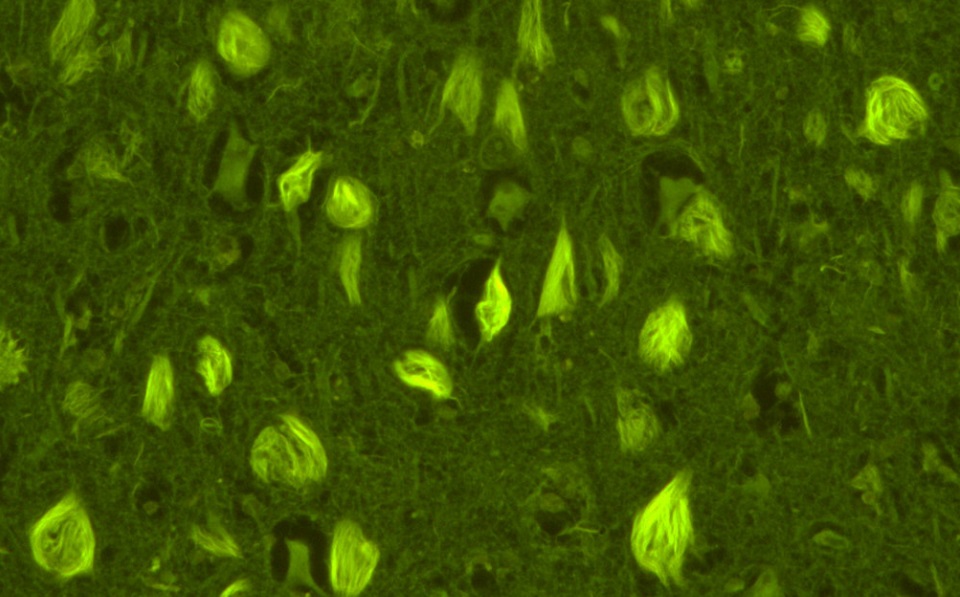
Brain UK study ref: 12/009,
Lay summary,
Project status: Closed
Investigation into the of systemic inflammation due to infection on microgilial phenotype and its contribution to Alzhiemer’s disease neuropathology
Prof Delphine Boche, University of Southampton
When we have an infection we feel sick and uninterested in things. This is known as “sickness behaviour” and is transitory. Studies have shown that this occurs because certain brain cells (microglia) are switched on by inflammatory chemicals produced during the infection.
In Alzheimer’s disease (AD), the microglia are already switched on by the disease, and animal models of dementia have shown that infection modifies microglia to be more aggressive, adding to the brain damage.
We propose that common infections (e.g. urinary or lung infections) play an important role in accelerating AD. Using human post-mortem brain tissue from people who died either with or without an infection, both non-demented and AD people, we will investigate whether:
- Infection has a more marked effect on microglia in AD.
- APOE ε4, the main genetic risk factor for AD, modulates the damaging response.
- Microglia switched on by infection add to the brain damage in AD.
- Infection is associated with the presence in the brain of other inflammatory cells (T-lymphocytes) which may accelerate the disease.
This concept has readily applicable implications, suggesting that prevention and management of episodes of infection in the elderly population may slow the progression of dementia.
